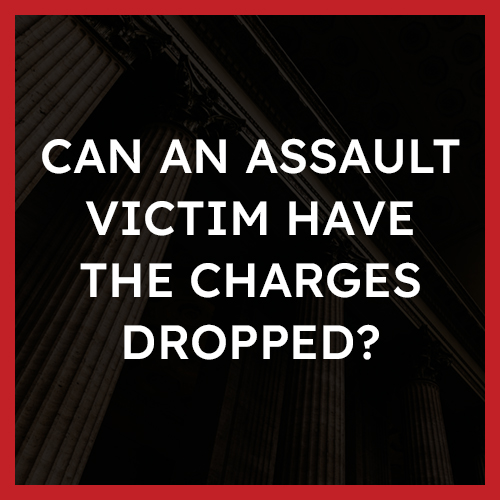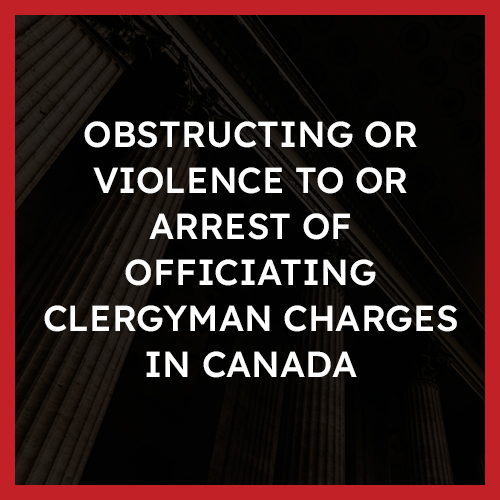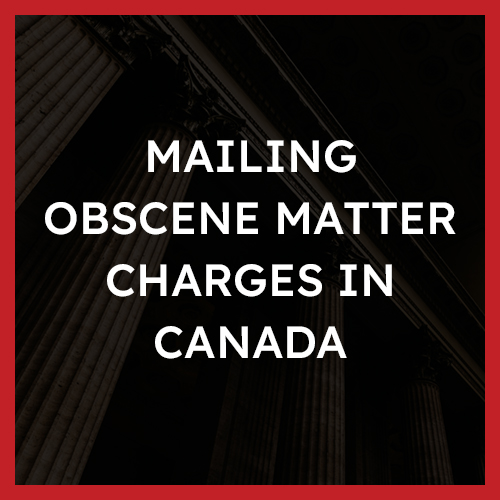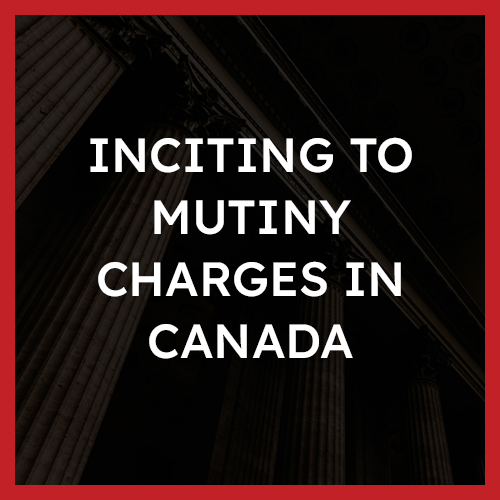Can an assault victim have the charges dropped?
Author’s note: Please note that the term ‘victim’ is used throughout this article to reflect commonly used informal terminology. However, in the criminal justice system, the term ‘victim’ applies only after a guilty verdict is reached. Otherwise, this individual is referred to as a ‘complainant’.
Disclaimer: This article serves to provide information to allow a victim to explore their options and have their voice heard in legal proceedings beyond testifying at trial. In no way are we encouraging false recants or inappropriate manipulation of the criminal justice system.
How to Successfully Recant a Domestic Violence Statement
Can I as the Victim of Assault Have the Charges Dropped?

How can I successfully recant a domestic violence statement?
Frankly, this is easier said than done. One must act prudently and responsibly when recanting a statement made to the police or a statement made under oath. This is because making a false statement to law enforcement or perjury are both serious criminal offences. When you recant an accusatory statement, you’re suggesting that what you said in the initial statement was a lie. It is always best, when attempting to recant a domestic violence statement, to consult an independent lawyer from the one your domestic partner has retained for advice on the best way to deal with this matter.
It is always important to differentiate between the statements “I want to recant my previous statement because the accusations I made were untrue” and “I want to recant my previous statement because I no longer wish for them to be used against the accused”. These are different statements and they carry different weight. The former admits to dishonesty. The latter demonstrates an intention to withdraw your statement for its potentially incriminating use. Victim services can help you in bringing your wishes to light.
Sometimes rather than recanting your original statement, it is better to lean on victim services to help bring your wishes to light. Perhaps, you’ve had a change of heart and no longer wish to see your partner, family member, etc. brought to justice through the conventional justice system. If you have been victimized and have made a statement to the police or under oath that you regret, call our office and consult one of our lawyers. We can provide advice on where to go from here and how the process will anticipatedly unfold.
Can I be forced to testify?
If you, as the victim, change your mind about pressing charges and no longer wish to testify against the accused, the Crown Prosecutor can still subpoena you to court and compel you to answer questions about the assault. In this situation, you would become what is referred to as a “hostile witness”. This term refers to situations where a complainant is required by law to take the stand, despite their wishes. Further, once on the stand, you will be required to answer questions truthfully. If you do not do so, it is crucial to understand that you can face criminal charges for perjury.
As mentioned, you as the victim may be legally compelled to attend court by a subpoena. However, where a victim of assault is no longer available for trial or does not show up, it is still possible for the Crown to pursue a conviction without the victim’s live testimony. In some cases, the Crown may actually be able to use statements that you previously gave the police to convict the accused at trial. Further, to prove guilt, the Crown can also draw on evidence such as the testimony of witnesses who saw the offence, or medical records that provide evidence of the injuries you suffered following the offence.

How Can I Convince the Police to Not Lay Charges?
When the police first arrive on the scene, it is important to note that you are under no obligation to cooperate by giving a statement about what happened. For example, if you contact the police about an altercation, you can state that you only called them to intervene and calm things down, but that you have no intention of giving a statement and no interest in pressing charges, nor going to court. If you do choose to give a statement, you can provide context about the circumstances surrounding the argument in order to provide them with a better understanding of why you do not wish to press charges.
How Do I Convey My Wishes to the Prosecutor to Have the Charges Dropped?
If the police pursue charges contrary to your wishes, or if you have since changed your mind about pursuing charges, you can still make your wishes known to the police and prosecutor. You can do this in a variety of ways and being persistent and clear with your wishes is crucial to having your voice heard.
How do I communicate with the prosecutor or victim services?
On the accused’s first court date (the “first appearance”), you can show up to court and speak to victim services and/or the prosecutor assigned to the case. You may also communicate with victim services by phone. However, a phone call is not preferable as it will be most beneficial to ensure you document your wishes in writing. This can take the form of a letter but ideally comes in the form of a statutory declaration or affidavit. While it is still helpful for you to attend in person to show your persistent interest in having the charges dropped, it is best to do so in addition to making your wishes known in writing. By using written communication, you can better ensure your wishes are not misunderstood, misconstrued, or forgotten about as the case progresses.
What can I say to the prosecutor or victim services to encourage them to drop the charges?
When you decide to communicate with the prosecutor or victim services, it is important that you carefully consider what you plan to say. While it is possible for you to explicitly rebut your previous statement by saying that you lied in your initial interactions with the police, it is crucial to understand that by doing this, you will subject yourself to the risk of being charged with filing a false complaint. That being said, there are other ways to encourage the dropping of charges without putting yourself at risk.
One such way is to provide context. That way, you can give a more complete picture of what happened without rebutting your previous statement. For example, when originally speaking to police in the heat of the moment, perhaps you placed all the blame on the accused, making the accused look like the aggressor. If in reality, it was a two-sided consensual fight, this context may drastically change the strength of the case. The context you provide may impact the prosecutor’s “reasonable prospect of conviction,” making them less likely to pursue the charges. In such circumstances, you could file an affidavit or statutory declaration explaining that your initial account was incomplete, and then explain in detail the more complete and accurate version of events.
If you do not have further context to provide or do not wish to rebut anything you originally said to police, but still want to encourage the prosecutor to drop the charges, you can still express this in writing. Moreover, you can provide the prosecutor and/or victim services with a written character reference, which will help them to understand your relationship with the accused beyond the one incident, as well as humanize the accused by highlighting good things about their character.
What happens if the person pressing charges does not show up to court?
A person pressing the charge doesn’t need to show up to court unless they’ve been subpoenaed to testify. However, it is highly likely that a complainant will be required at trial. In short, the answer to this question is that it depends and there are several potential consequences for a complainant’s failure to appear. Likely the prosecutor will attempt to run the trial without the complainant present and will attempt to obtain a conviction on the other evidence available. However, usually, in these kinds of situations, the prosecutor’s case will turn on the complainant’s testimony. If the other evidence is scarce and unlikely to secure a conviction, but the Crown believes this case is worth prosecuting, they may request from the court, that a warrant for the subpoenaed complainant’s arrest be executed so as to bring them before the court. The alternative scenario where the complainant is integral to the likelihood of conviction, is where the prosecutor may stay the charges (charges against the accused in essence go dormant for at most, one year until the prosecutor gathers more evidence or strengthens their case by bringing the complainant forward, etc.) against the accused person.
What’s Next?
Due to the seriousness of assault charges, it can be very difficult to have these charges dropped, even if you as the victim think it is the best and fairest solution in the circumstances. Every case is unique and the information on this page provides only a general overview. If you were the victim of a crime and would like to discuss your options, please submit a consultation today to speak with one of our experienced lawyers.
About The Author







